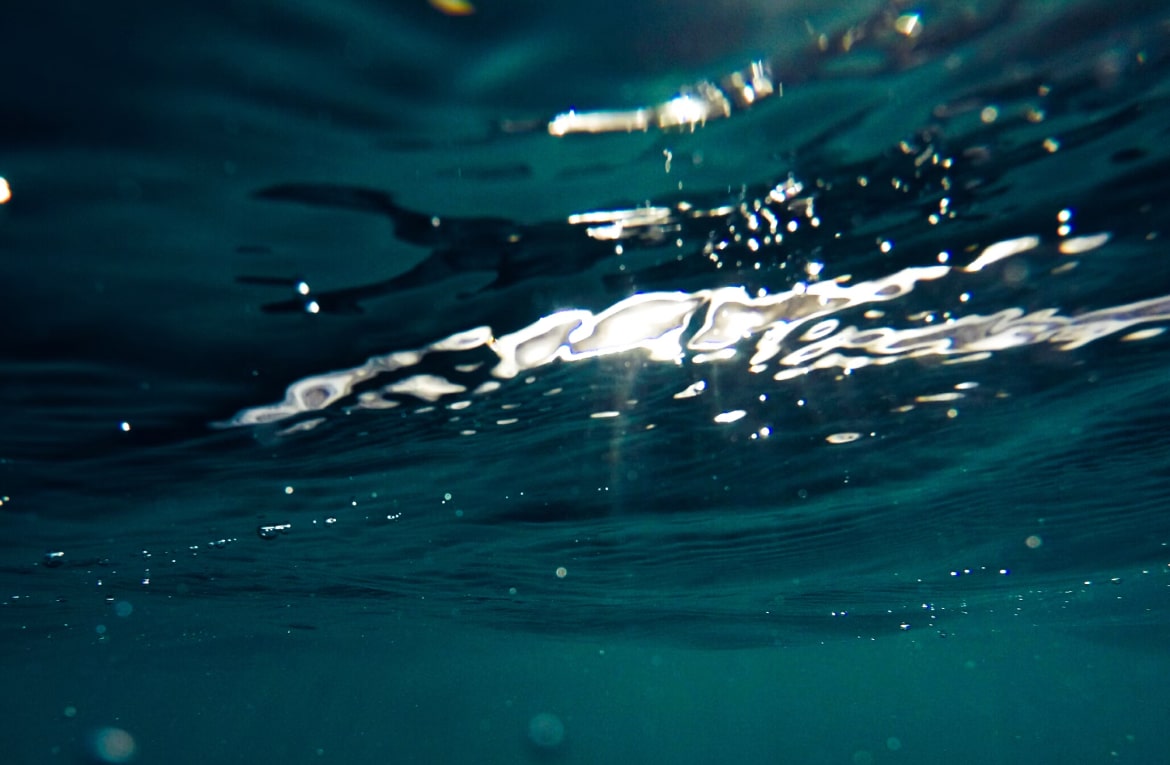In the past century, we had the concern that fossil fuels would run out before finding a new form of renewable energy. In the current century, the main concern is the environmental impact associated with climate change, like water scarcity and shortages.
Nearly one in ten people on the planet—almost 800 million—do not have access to safe water sources. The demographic increase and the consequences of climate change are a time bomb. It will generate more and more conflicts around water use and management.
The World Economic Forum and other institutions estimate that by 2030 demand will be 40% higher. Unfortunately, the planet will not be able to supply it. Water scarcity will affect agriculture, thus increasing the price of food.

Problems like this lead to bigger ones, such as the global water shortages. The commitments agreed at the UN Sustainable Development Goals (SDG) (2015-2030) give great importance to water problems. Furthermore, the current COVID-19 pandemic (2020) demonstrates the importance of water to prevent infection.
In 2030 there will be a 40% higher water demand and the planet will not be able to supply it
Qatium
IntelligentAssistant
What are the causes of water scarcity?
Approximately only 1% of the Earth’s surface water is suitable for consumption. Although this amount seems small it is sufficient for the entire world population.
However, reality shows that water resources are not distributed equally around the planet. Not to mention, there are some human behaviors that tend to complicate and amplify this problem, such as:
- Inhabiting regions without water resources. This is because there are other resources there that matter more to us.
- Polluting some of the regions with the largest water resources.
- We overpopulate regions that have water sustainability until we reach and exceed the limits of water resources.

Contaminated rivers
Some solutions to water scarcity
There are several measures to prevent water shortages worldwide. Here is a list of just a few examples:
- Social consciousness: we must understand that water that comes out of the tap, as if by magic, is finite. Water is a right, but the responsible use of water is also a responsibility.
- Investing in maintenance and renovation of water infrastructure by public administrations. Most cities have water leaks in over 20% of their network. This percentage increases to more than 50% of water lost in other cities.
- More efficient use of desalinated water. However, we should keep in mind that desalinated water requires significant energy consumption and has an environmental impact.
- Explore the use of recycled water from purified water. It has great potential for agriculture and industry, and is also increasing for urban and domestic use.
To sum up, we need a global mindset. The shortage problem of fossil fuels may be resolved in the future, but will we have depleted our water sources by then? Will it be too late?









